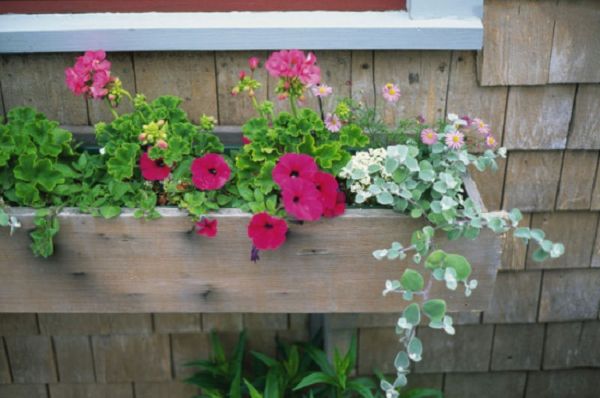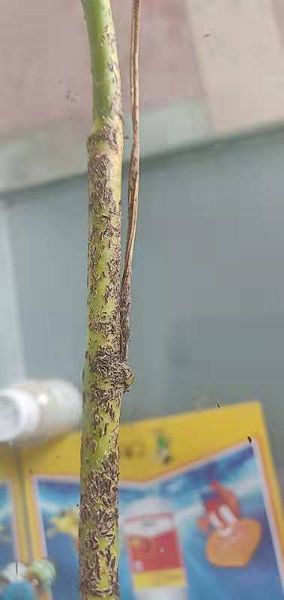Matters needing attention in overwintering maintenance of different flowers
1. The key is to control water and fertilizer, heat preservation and pruning.
The Beginning of Winter, who has passed the 24 solar terms, the weather will get colder and colder next, and all kinds of flowers will turn from a prosperous period to a gentle or dormant period. How to keep the flowers and plants at home safely through the winter?
Winter is the season with high flower mortality, so we should focus on the management of water and fertilizer, temperature, diseases and so on.
It is reported that according to their own habits, flowers can be roughly divided into cold-fearing and cold-tolerant plants, such as rose, which can survive the winter safely even if they are placed outdoors, while cold-fearing plants such as rich trees must be moved indoors.
However, due to less evaporation in winter, most flowers need to reduce watering times and water volume. Low concentration fertilizer should be used for fertilization. for most foliage plants, nitrogen fertilizer should be stopped and some low concentration potassium fertilizer should be applied properly to increase the cold resistance of flowers.
2. Differential treatment of succulent summer type and winter type
Most succulent plants are distributed in tropical and subtropical dry environments, like high temperature and light, and are afraid of humid and cold weather. However, according to the living habits of succulent plants, it is also divided into winter type, summer type and spring and autumn type. The so-called winter type means dormant in summer and growth in winter. The summer type is dormant in winter and grows in summer.
When winter comes, the succulent plants of winter type and summer type should be treated differently, summer type should control water, and winter type should not be reluctant to water. During the period from November to December, succulent plants should protect themselves from cold and heat preservation and increase light. The summer seed type growing in greenhouse should be watered in the evening and the amount of water should be controlled. For stone flowers and fleshy cones whose flowering period is over, the ball can be divided at this time.
When the temperature drops below zero, those varieties with poor cold tolerance should stop watering and keep warm. At the same time, the flowerpot should be turned irregularly as much as possible to make the plant receive sunshine evenly. When the light is insufficient, it can be accompanied by artificial light source. When it comes to late January, winter-type varieties will be in a period of vigorous growth, so don't be reluctant to water.
There is a simple and good way to make summer succulent winter, which can be done with only one plastic bag. When the temperature is below 5 ℃, cover them with a plastic bag or disposable cup and cut off water to keep the soil dry until the cover is opened in April.
3. Water and fertilizer should be controlled when hydroponic plants spend the winter.
Winter is the season when hydroponic plants are most likely to die. There is no heating in the area south of the Yangtze River, and most of the plants are dormant. At this time, hydroponic plants do not change water as much as possible, and water can be continued appropriately when the water level is too low, and the amount of water is generally controlled at 1/3 of the root system.
There is a saying that "applying nutrient solution to dormant hydroponic plants is like poisoning." Although it is a bit close to saying, fertilization in winter does have a bearing on the survival of hydroponic plants. In winter, you need to stop using nutrient solution, otherwise it is very easy to rot roots and leaves, or even the whole plant will die. However, if the growth environment of hydroponic plants can be maintained at more than 15 ℃, according to the normal maintenance method, the plants will not only not dormant but also grow vigorously.
Related
- What if the leaves of potted flowers turn yellow?
- Florescence Control of several Flowers
- Anti-freezing technology and post-freezing nursing technology of flowers
- What is the classification of flowers? What are the common methods of flower classification?
- Prevention and control of alkali and acid damage of flowers in courtyard
- Technology of Anti-freezing and restoring growth of Flower seedlings in greenhouse and greenhouse
- How does flower fertilization not hurt the root? Fertilization technology of flowers
- Key points of disinfection in flower greenhouse
- Several pesticides that are banned or used cautiously in flowers
- How to fertilize the flowers that watch the leaves?



